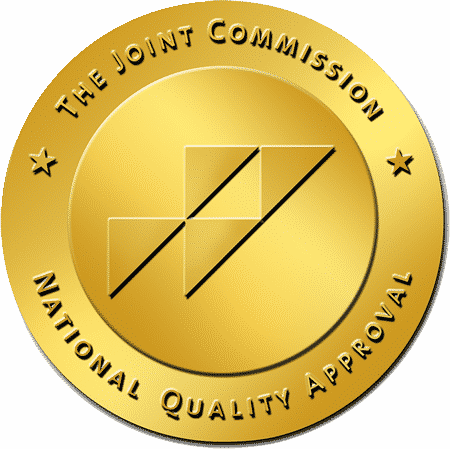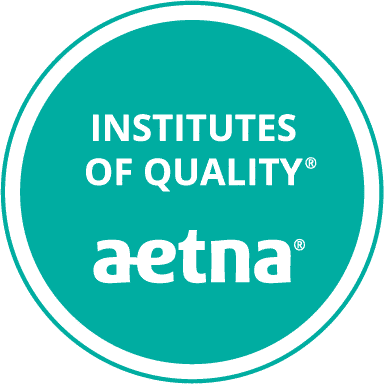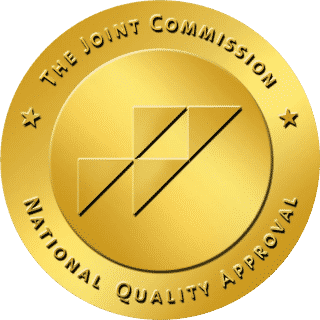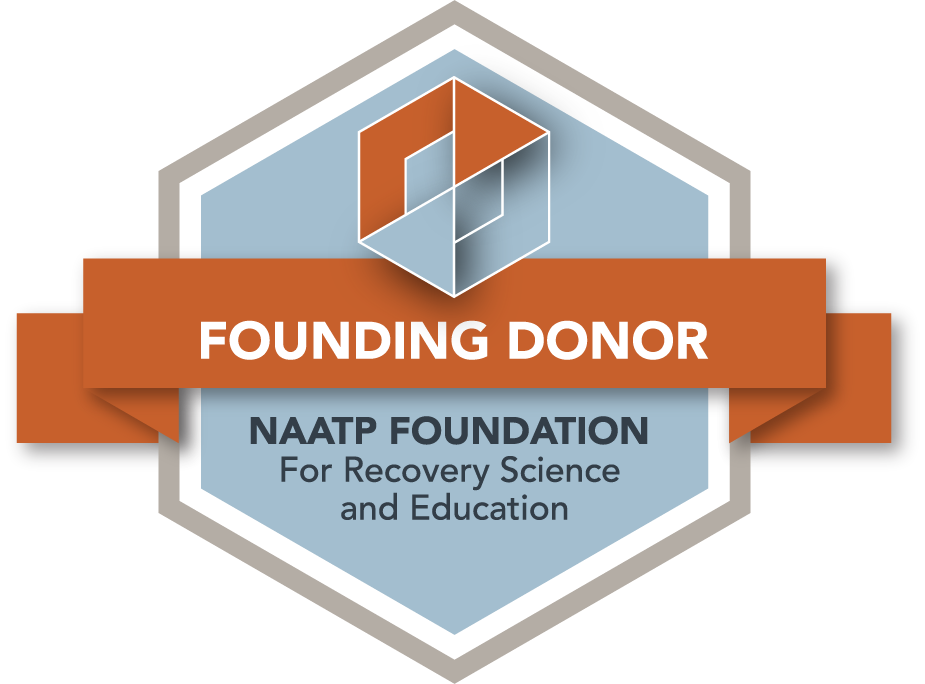Are you struggling with alcoholism and seeking answers on how to get help for alcoholism? The first step towards recovery is acknowledging the issue and reaching out for help. This article will help you understand how to recognize signs of alcoholism, seek professional support, and explore different treatment options available to you.
Key Takeaways
- Recognizing the signs of Alcohol Use Disorder (AUD) is essential for seeking timely intervention and starting the recovery process.
- Medical detoxification is a critical first step in treating alcoholism, helping manage withdrawal symptoms, and preparing for further treatment.
- Support groups and lifestyle changes play a crucial role in sustaining recovery, providing community resources and strategies for managing cravings and triggers.
Recognizing the Signs of Alcoholism

Alcohol use disorder (AUD) is a medical condition characterized by the compulsive use of alcohol despite its negative impacts, including alcohol dependence and alcohol misuse. Identifying the signs is an important step toward recovery. Key symptoms include:
- Drinking more than intended
- An inability to cut down on alcohol consumption despite a desire to do so
- Interference with daily responsibilities and relationships
- Cravings for alcohol
- An inability to limit drinking
Recognizing these symptoms can help individuals seek the necessary support and treatment for recovery.
Binge drinking, which is defined as consuming five or more drinks in two hours for men or four or more for women, is a sign of unhealthy alcohol use and can indicate underlying problems. The severity of alcohol use disorder can vary, with mild cases showing 2-3 symptoms, moderate cases 4-5 symptoms, and severe cases showing six or more symptoms. If someone frequently chooses to drink alcohol, it may further complicate their situation.
Symptoms of alcohol withdrawal, such as anxiety, sweating, and rapid heartbeat, can manifest when alcohol consumption is reduced, underscoring the body’s dependence on alcohol use. Understanding these symptoms and their implications is essential.
Early recognition can lead to timely intervention, potentially preventing more severe health issues and the progression of an alcohol use disorder. If these signs are present in you or someone you know, professional help and alcohol treatment options should be considered.
Steps to Take When Seeking Help
Begin addressing alcohol issues by discussing concerns with a primary care provider. Honesty about your drinking habits and their impact on your life ensures an accurate assessment and effective plan, this is very important if when you stop drinking alcohol you feel as though you are having alcohol withdrawal symptoms. La Hacienda is available 7 days a week to help those seeking options, in addition, the Substance Abuse and Mental Health Services Administration (SAMHSA) offers a National Helpline, providing free, confidential referrals to treatment facilities and support groups throughout the United States.
Involving a supportive family member or friend during appointments can ease anxiety and provide additional emotional support. Researching doctors, counselors, and available healthcare facilities can also help in finding the right treatment. La Hacienda’s free and confidential intake line can provide resources in your area.
Recognizing the stigma associated with an alcohol use disorder and preparing for appointments by honestly assessing your drinking habits will facilitate a smoother recovery journey.
Medical Detoxification for Alcohol Dependence

Medical detoxification marks the initial and critical step in treating alcohol abuse. This process helps the body rid itself of alcohol while managing alcohol cravings and symptoms of withdrawal, allowing patients to begin preparing for further treatment. Withdrawal symptoms can start as soon as two hours after the last drink and can range from mild anxiety and sweating to severe symptoms like seizures and delirium tremens.
During detox, intensive inpatient programs like La Hacienda Addiction Treatment Center provide medically supervised 24-hour services, ensuring patient safety and comfort. Medical professionals monitor the patient closely and can administer medications to alleviate withdrawal symptoms. Close monitoring allows for rapid response to worsening symptoms, ensuring the patient’s well-being throughout the process.
While medical detoxification is the first step, it is not a complete treatment for alcohol use disorder. It lays the foundation to stop drinking, address physical and mental health issues arising from alcohol abuse, and become ready for ongoing treatment, which may include mental health and behavioral treatment, medications, and support groups. Professional treatment for detoxification can significantly enhance the chances of successful recovery and long-term sobriety.
Types of Treatment Programs

There are several treatment programs available for individuals struggling with alcohol problems, each catering to different levels of care and support. These programs include inpatient, outpatient, and residential treatment. Identifying co-occurring mental disorders is important for developing an effective treatment plan tailored to the individual.
The severity of the alcohol use disorder and the individual’s specific needs determine the right program choice. Intensive inpatient programs provide round-the-clock care, while outpatient programs offer flexibility. Each has unique benefits.
Residential treatment programs, like those offered at La Hacienda Addiction Treatment Center, provide a comprehensive approach in a supportive environment conducive to recovery.
Inpatient Treatment Programs
Inpatient treatment programs provide intensive care and monitoring for individuals struggling with alcoholism, creating a focused recovery environment. These programs typically include medical supervision and a comprehensive treatment plan tailored to the individual’s needs.
Various therapy sessions, including individual and group therapy, are incorporated to address the psychological aspects of addiction. Recreational therapy, psychoeducation, and skills training help patients cope with challenges in their recovery journey. Scheduled activities, meals, and therapy sessions in a structured environment help establish routines and reduce relapse triggers. La Hacienda Treatment center has both inpatient and residential levels of care.
Outpatient Treatment Programs
Outpatient treatment programs involve regular office visits with alcohol counselors as well as medication support if needed, enabling individuals to maintain daily routines while getting help. These programs are ideal for those seeking treatment with a less severe alcohol use disorder or those transitioning from inpatient care.
Outpatient programs offer flexibility, making it easier for individuals to manage their responsibilities while working on their recovery. This approach benefits those with a stable living situation and supportive network.
Residential Treatment Programs
Residential treatment programs create a supportive community and offer comprehensive care away from daily stressors. La Hacienda Treatment Center, located on a serene 40-acre campus in the Texas Hill Country, offers a supportive environment to learn living skills once a patient has chosen to stop drinking.
La Hacienda provides a Special Care Unit for medical detoxification, individual therapy, and intensive treatment planning. Treatment modalities include individual counseling, group counseling, didactic groups, therapeutic activities, Big Book Studies, family programs, and on- and off-campus 12-Step meetings.
The facility also offers a family-style buffet that is healthy and nutritious and can accommodate specific dietary requests.
Behavioral Therapies for Alcohol Use Disorder
Behavioral therapies are pivotal in treating alcohol use disorder by addressing the psychological elements of addiction. Cognitive-Behavioral Therapy (CBT) focuses on identifying cues related to heavy drinking and managing stress, helping individuals develop skills to stop or reduce drinking.
Motivational Enhancement Therapy aims to enhance an individual’s motivation to change their drinking behavior, while Contingency Management provides tangible rewards for achieving treatment goals and reinforcing positive behavior. Behavioral treatments assist in coping with or avoiding triggers for drinking and are considered successful when they help patients reduce substance use.
Brief intervention occurs to provide feedback on drinking patterns and help individuals set goals for change. Conducted in individual or group settings, these therapies are essential components of a comprehensive alcohol treatment plan.
Medications Used in Treating Alcoholism
Medications can effectively treat alcohol use disorder. Three FDA-approved medications—naltrexone, acamprosate, and disulfiram—are commonly recommended for relapse prevention. These medications are non-addictive and can be used alone or in conjunction with other treatments.
Naltrexone reduces cravings by blocking receptors that produce pleasurable feelings from drinking alcohol as well as helping with obsessive thoughts or cravings, while acamprosate helps to decrease cravings by regulating neurotransmitter activity in the brain. Disulfiram, the first approved medication for alcoholism, deters drinking by causing physical reactions when alcohol is consumed and can be useful during the first 6 months to take on an as needed basis in situations where the exposure risk for alcohol is higher (weddings, airports, etc).
When used correctly, these medications can significantly aid recovery.
Support Groups and Community Resources

Support groups are an important part of recovery, offering essential social support and a sense of community. Recovery meetings, such as those organized by Alcoholics Anonymous (AA), play an important role in developing healthy habits and keeping at bay triggers and an increased risk of a person who wants to start drinking. Mutual support groups sustain beneficial changes and promote recovery, easing the challenges of sobriety.
Alumni programs from treatment centers offer ongoing support through social events and check-ins to help maintain sobriety. La Hacienda has a very strong and active alumni program with support groups throughout Texas.
Support groups can also benefit family members, helping them process their feelings and improve communication within the family.
Lifestyle Changes to Aid Recovery
Changing habits, building new coping skills, and making new lifestyle choices are a big part of the recovery from alcohol use disorder. Self-care practices such as getting enough sleep, proper nutrition, regular exercise, meditation, and positive self-talk can help prevent relapse.
These lifestyle changes not only support recovery but also contribute to overall well-being, making it easier to manage the stressors that might lead to relapse and help those who want to stop drinking or quit drinking.
Coping Strategies for Cravings and Stressors
Managing cravings and avoiding stressors are part of managing relapse possibilities. Committing to regular meetings and support groups and avoiding certain people or places that may cause high stress is another effective strategy, especially when craving alcohol.
Engaging in new hobbies or physical activities can develop healthy coping mechanisms. These strategies manage stress and prevent relapse, supporting long-term sobriety.
Family and Friends’ Role in Recovery
Family and friends’ support is vital in the recovery journey. Understanding addiction helps family members effectively support their loved ones. They can provide love, talk about concerns, and encourage seeking help.
Setting boundaries, taking care of themselves, and engaging in sober activities together can strengthen relationships and provide emotional support. Family therapy can also assist in addressing feelings and improving communication dynamics within the household.
Planning for Potential Setbacks
Although most patients believe they can stop drinking altogether and that they will never drink again once they commit to their family and support group, we find that being aware of potential setbacks is essential in the recovery process. There is a risk that individuals in recovery may relapse within the first year. A relapse prevention plan can mitigate the risk of setbacks during recovery.
Common stressors include exposure to people or places associated with past drinking. Healthy coping mechanisms are essential to prevent relapse. If relapse occurs, it should be viewed as a learning opportunity rather than a failure.
Long-Term Recovery and Aftercare

Long-term recovery and aftercare are beneficial for preventing relapse and sustaining sobriety. Aftercare plans should address individual stressors and life goals. Attending aftercare programs and 12-step meetings significantly supports ongoing recovery.
Due to the high risk of relapse within the first few months after rehabilitation, ongoing support and a strong aftercare plan are vital for maintaining sobriety and achieving long-term recovery.
How to Choose the Right Treatment Program
Selecting the right treatment program is a huge part of successful recovery. Factors such as the amount of alcohol consumed, the duration of the problem, and the presence of other health issues influence the choice of treatment provider. An effective program should cater to the individual’s unique problems and situation.
Treatment should incorporate evidence-based methods, including medication and mental health support tailored to individual needs. Before making a decision, it’s important to gather information about the treatment program and research the provider.
At La Hacienda, we believe that each person can recover if they are ready to do the work. To suddenly stop drinking can be dangerous. Learning about the disease of addiction can help educate our patients – from liver disease to exactly understanding what the diagnosis of an alcohol use disorder entails. The medical and clinical staff utilizes best practices of addiction medicine and diagnosis of dual disorders as defined by the DSMV (Diagnostic and Statistical Manual). If you or a loved one need help – call us – if we are not the right fit, we will help you find the best place to seek the help needed.
Summary
Recognizing the signs of alcoholism and taking the necessary steps toward seeking help is paramount for recovery. From medical detoxification to behavioral therapies, medications, and support groups, there are numerous treatment providers available. Choosing the right program and making lifestyle changes can pave the way for a successful recovery. Remember, recovery is a journey, and with the right support and resources, long-term sobriety is achievable.
Frequently Asked Questions
What are the first steps to take when seeking help for alcoholism?
The first step in seeking help for alcoholism is to talk to your primary care doctor or a health care professional who can evaluate your situation and recommend treatment options. Additionally, involving a supportive family member or friend can enhance your journey toward recovery.
What is the role of medical detoxification in treating alcohol addiction?
Medical detoxification is for safely managing withdrawal symptoms as the body eliminates alcohol, preparing individuals for comprehensive treatment. However, it is not a standalone solution for alcohol addiction.
What types of treatment programs are available for alcohol use disorder?
Inpatient, outpatient, and residential treatment programs are available for alcohol use disorder, with each offering varying levels of care to suit individual needs. Selecting the appropriate program is crucial and should align with the severity of the disorder.
How can family and friends support someone in recovery from alcoholism?
Family and friends can significantly support someone in recovery by understanding addiction, setting healthy boundaries, and providing emotional encouragement. Engaging in sober activities and considering family therapy can also foster a supportive environment for recovery.
What should be included in a relapse prevention plan?
A relapse prevention plan must include stress management strategies, identification and avoidance of unhealthy people, places and things, healthy coping mechanisms, and a reliable support system. Viewing a relapse as a learning opportunity rather than a failure is essential for long-term recovery.

